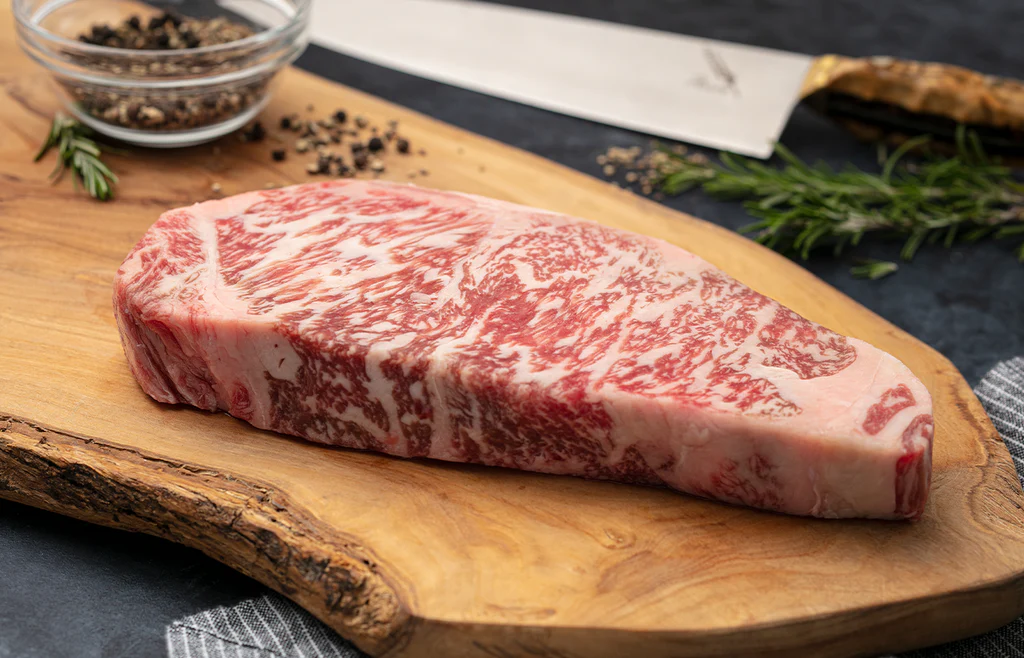The Middle East, particularly the United Arab Emirates (UAE), has emerged as a major hub for luxury food imports, with a growing appetite for premium meat products. As global demand for high-quality beef continues to rise, the partnership between Australia and the UAE in the field of livestock and agri-business has become a model of sustainable international trade. A standout player in this space is the Australian Wagyu exports industry — a vital link connecting Australia’s advanced cattle production systems with the Middle East’s gourmet dining and hospitality sectors.
The Rising Demand for Premium Beef in the UAE
The UAE’s culinary landscape has evolved rapidly over the past decade, transitioning from traditional staples to an increasingly global palate. High-end restaurants, five-star hotels, and exclusive dining venues across Dubai and Abu Dhabi now feature Wagyu beef on their menus — prized for its exceptional marbling, tenderness, and flavor.
This surge in demand is not merely about luxury; it reflects the UAE’s strategic shift towards positioning itself as a global food and hospitality destination. To support this vision, partnerships with trusted suppliers from markets like Australia ensure a consistent supply of quality products that meet the region’s strict halal and food safety standards.
Australia’s Role as a Trusted Livestock Exporter
Australia has long been a leader in the global livestock trade, known for its ethical farming practices, advanced breeding technologies, and strict quality control measures. The country’s Wagyu beef industry, in particular, has built a reputation for excellence — combining Japanese genetics with Australia’s clean, green, and traceable agricultural systems.
Through Australian Wagyu exports, the UAE benefits from a steady flow of premium beef products that meet both consumer expectations and government regulations. These exports also support local distributors, meat processors, and hospitality businesses, reinforcing the entire agri-supply chain across the Middle East.
The Value of Bilateral Agri-Business Partnerships
International trade between Australia and the UAE extends beyond mere import and export. It represents a dynamic partnership built on shared goals of sustainability, quality assurance, and economic growth. By collaborating on agri-business initiatives, both nations strengthen their food security systems and open doors for technological exchange — from livestock breeding programs to cold-chain logistics innovation.
Furthermore, Australia’s transparent supply chain and commitment to halal certification make it a reliable partner for the Middle East’s food industry. Joint investments and knowledge-sharing initiatives between Australian exporters and UAE businesses also foster local employment opportunities and support the region’s long-term agricultural development.
Wagyu Beef: A Symbol of Quality and Innovation
Wagyu beef stands at the intersection of tradition and innovation. Originally developed through meticulous Japanese breeding techniques, the Wagyu breed has flourished under Australian conditions, producing meat that consistently ranks among the best in the world.
This success is driven by Australia’s investment in genetics, feed efficiency, and welfare standards. As a result, Australian Wagyu exports offer the UAE not just a product, but a promise — of authenticity, traceability, and uncompromising quality. For Middle Eastern consumers who associate fine dining with luxury and trust, Wagyu beef has become the gold standard of excellence.
Future Outlook: Sustainable Growth and Regional Expansion
The future of Wagyu trade between Australia and the UAE looks exceptionally promising. As regional economies diversify and focus on sustainable food sourcing, the demand for premium, ethically produced beef will only increase.
Australia’s exporters are exploring innovative solutions, such as carbon-neutral beef production and digital traceability tools, to align with the UAE’s sustainability vision. These advancements ensure that the Wagyu trade remains environmentally responsible while meeting the growing needs of an affluent and health-conscious market.
Conclusion
In an era defined by global trade interconnectivity, the partnership between Australia and the UAE in livestock and agri-business stands as a benchmark of success. The Australian Wagyu exports sector continues to bridge continents — delivering excellence from Australian pastures to Middle Eastern plates.
As the UAE cements its status as a global leader in luxury dining and sustainable import strategies, its collaboration with Australia’s Wagyu industry underscores a shared commitment to quality, innovation, and long-term growth. This enduring relationship not only benefits both economies but also sets a new standard for international agricultural trade in the region.
FAQs
- What makes Australian Wagyu beef different from other types of beef?
Australian Wagyu beef is renowned for its high level of marbling, tenderness, and rich flavor. Australia combines traditional Japanese breeding genetics with advanced farming practices, ensuring consistent quality, animal welfare, and strict food safety standards. - Why is the UAE a major market for Australian Wagyu exports?
The UAE has a rapidly growing demand for premium and halal-certified meat products, especially in luxury dining and hospitality sectors. Australia’s reputation for producing high-quality, ethically raised Wagyu beef makes it a perfect fit for the UAE’s culinary and business landscape. - How do Australian Wagyu exports support sustainability?
Australian exporters focus on sustainable livestock management, carbon reduction, and traceable supply chains. These practices align with the UAE’s long-term goals for sustainable food sourcing and responsible trade partnerships. - Is Australian Wagyu beef halal-certified for Middle Eastern markets?
Yes. All Australian Wagyu exports to the Middle East comply with halal certification standards, ensuring the meat meets both cultural and religious requirements across the region. - What is the future outlook for the Australian–UAE Wagyu trade relationship?
The partnership is expected to grow as both nations continue to invest in agricultural innovation, sustainability, and premium food supply chains. With rising consumer demand and evolving trade agreements, Australian Wagyu is set to remain a cornerstone of luxury beef imports in the Middle East.

























